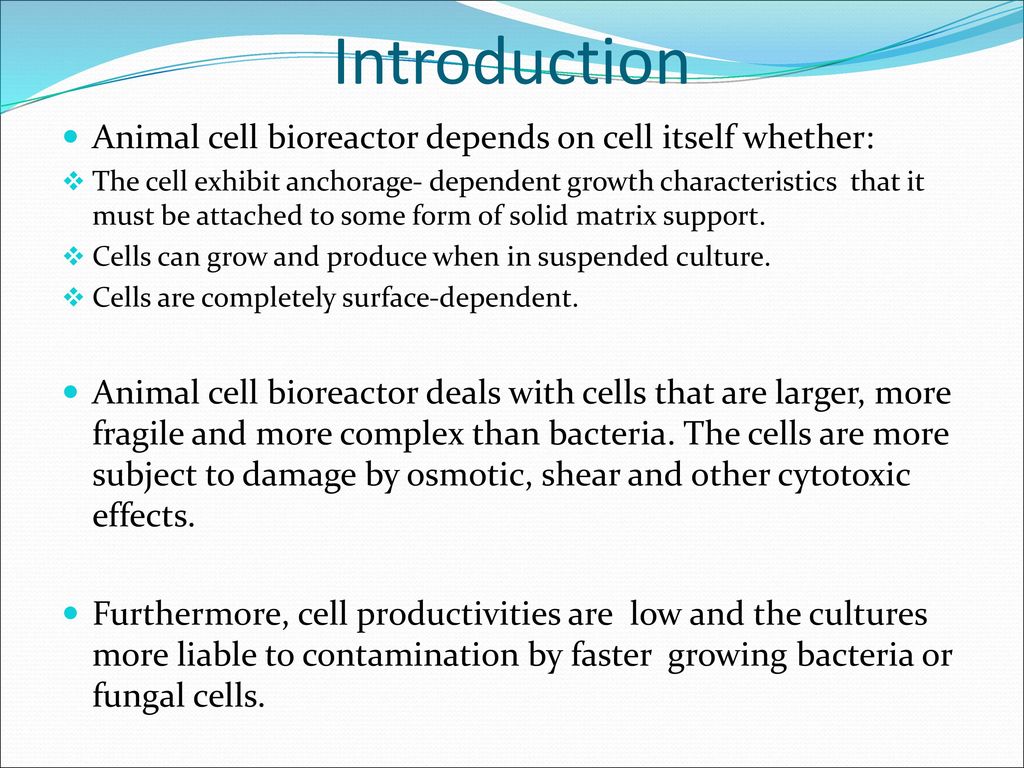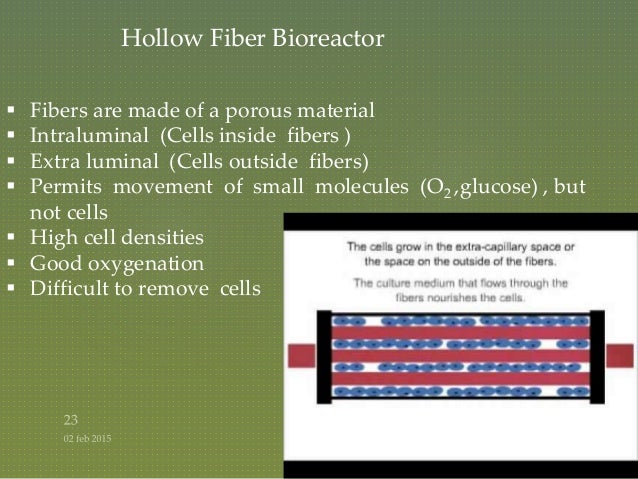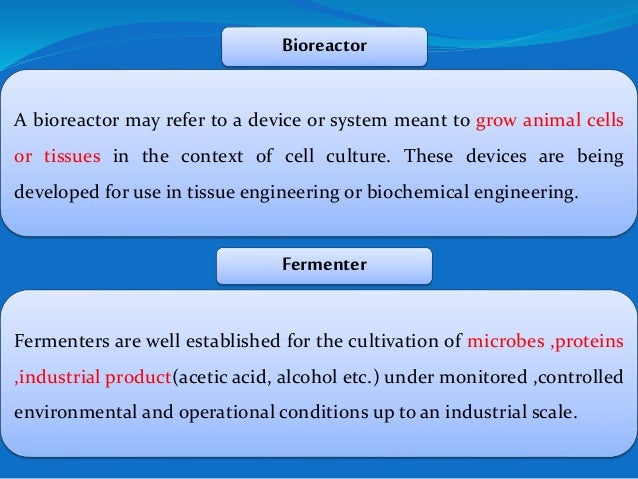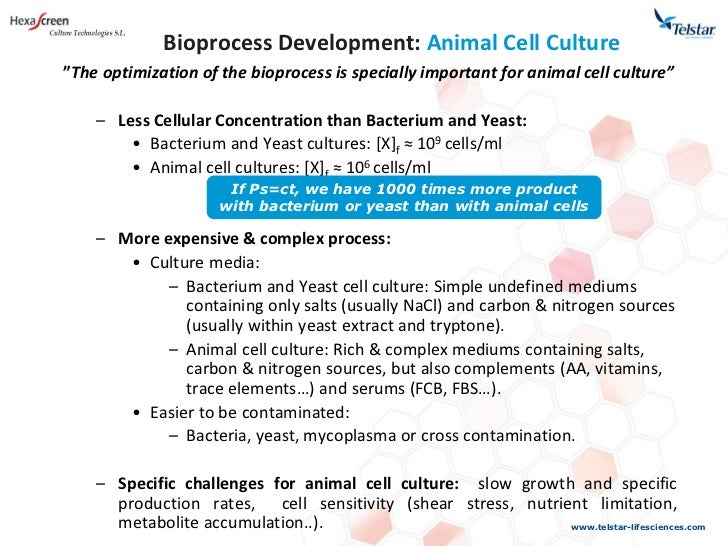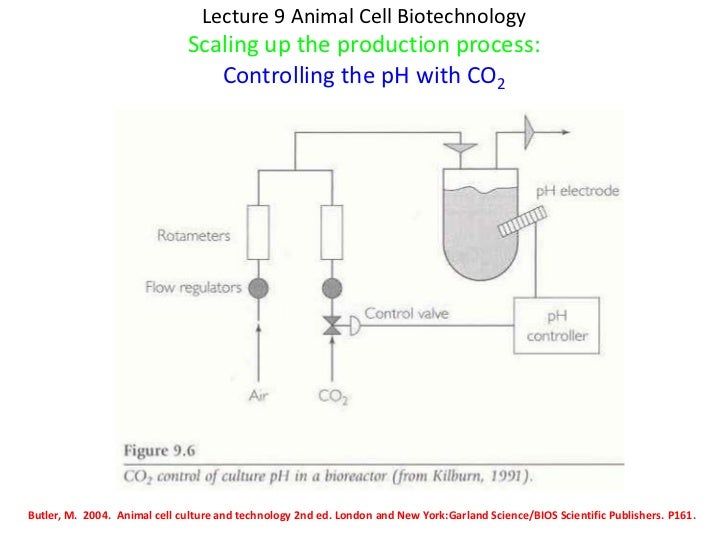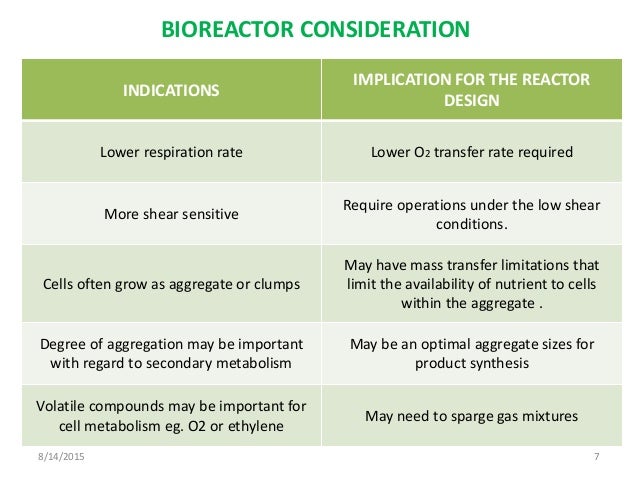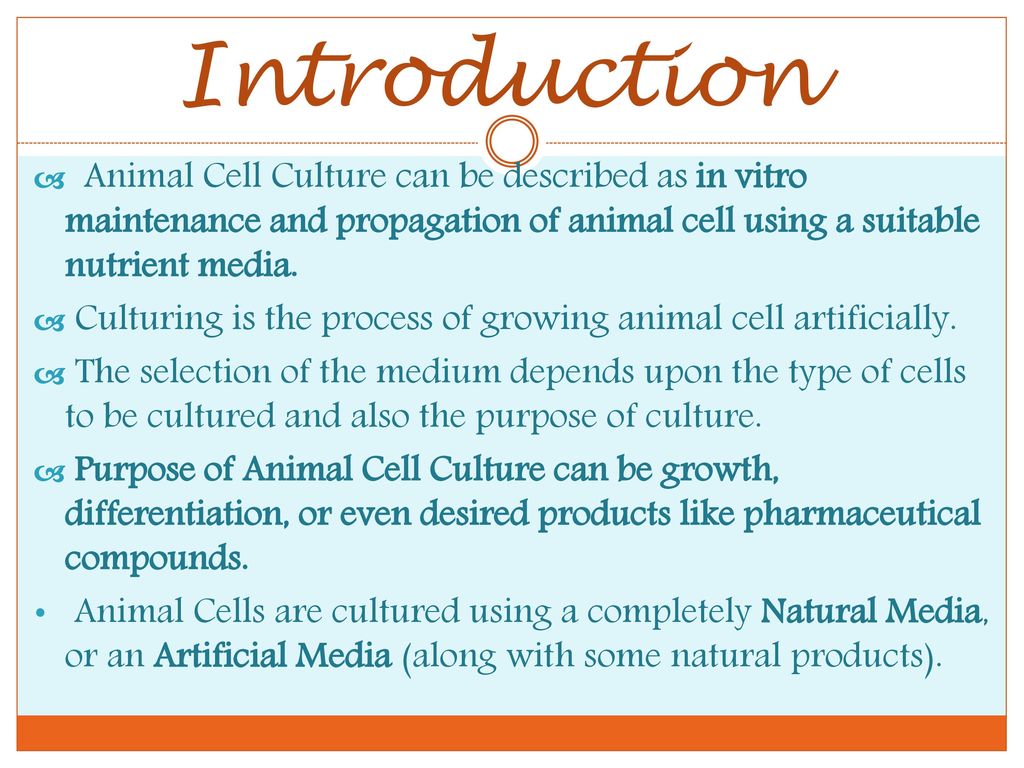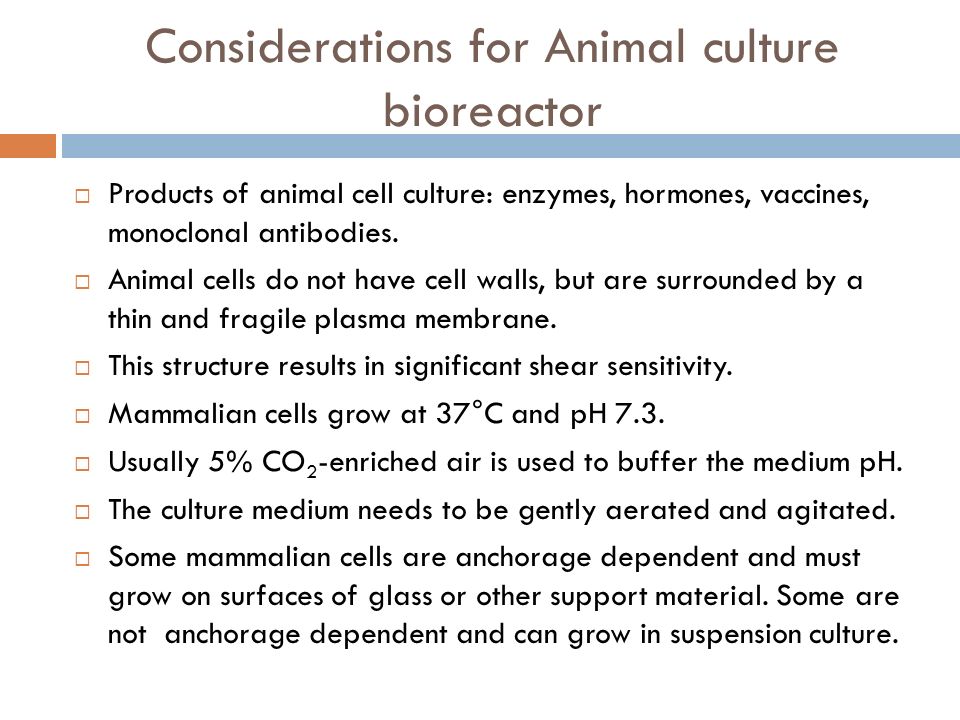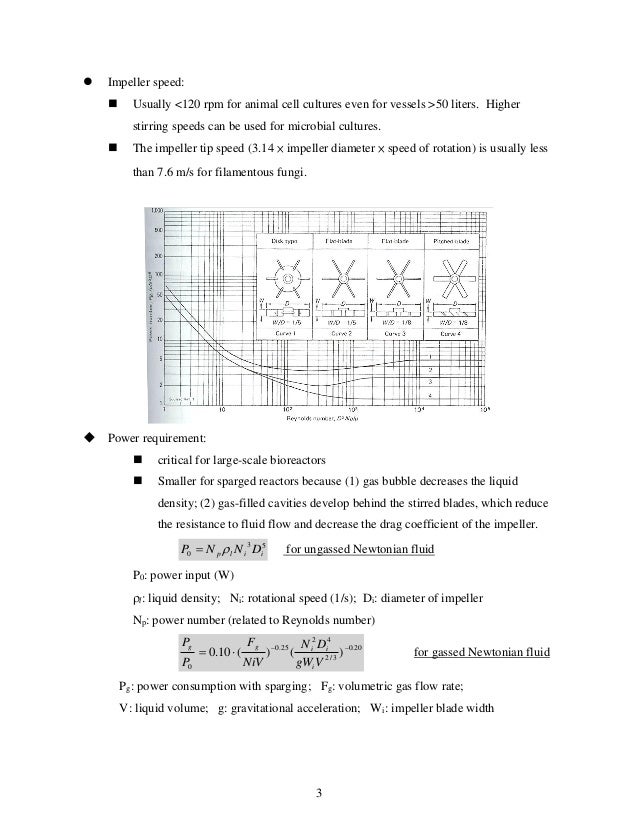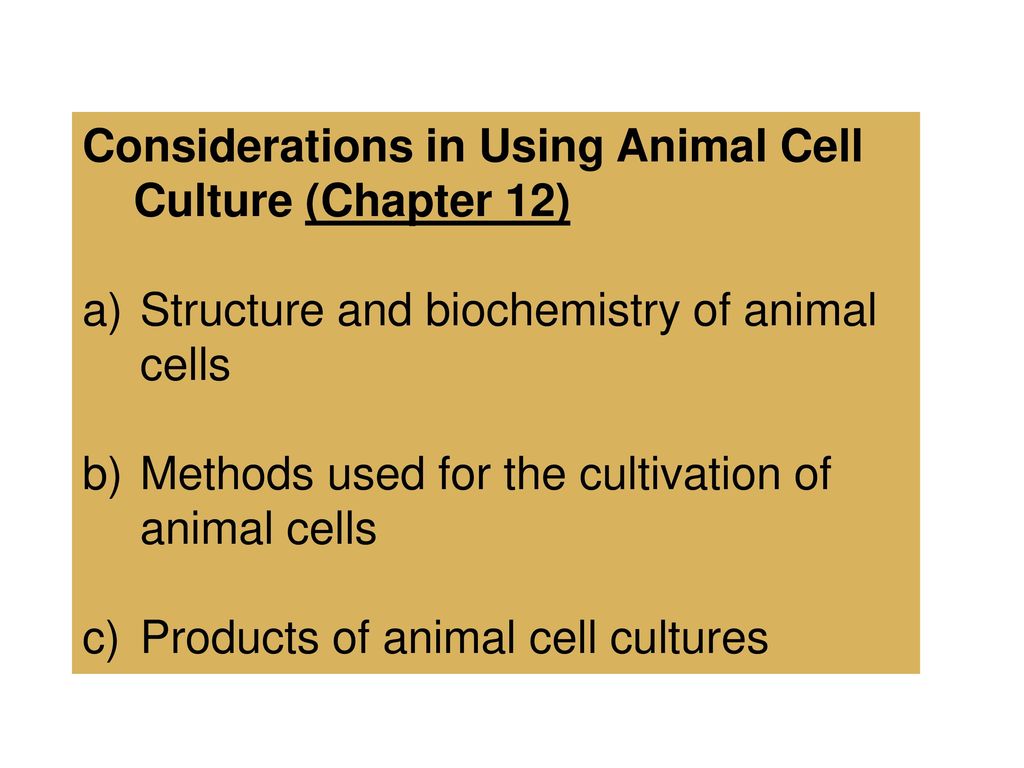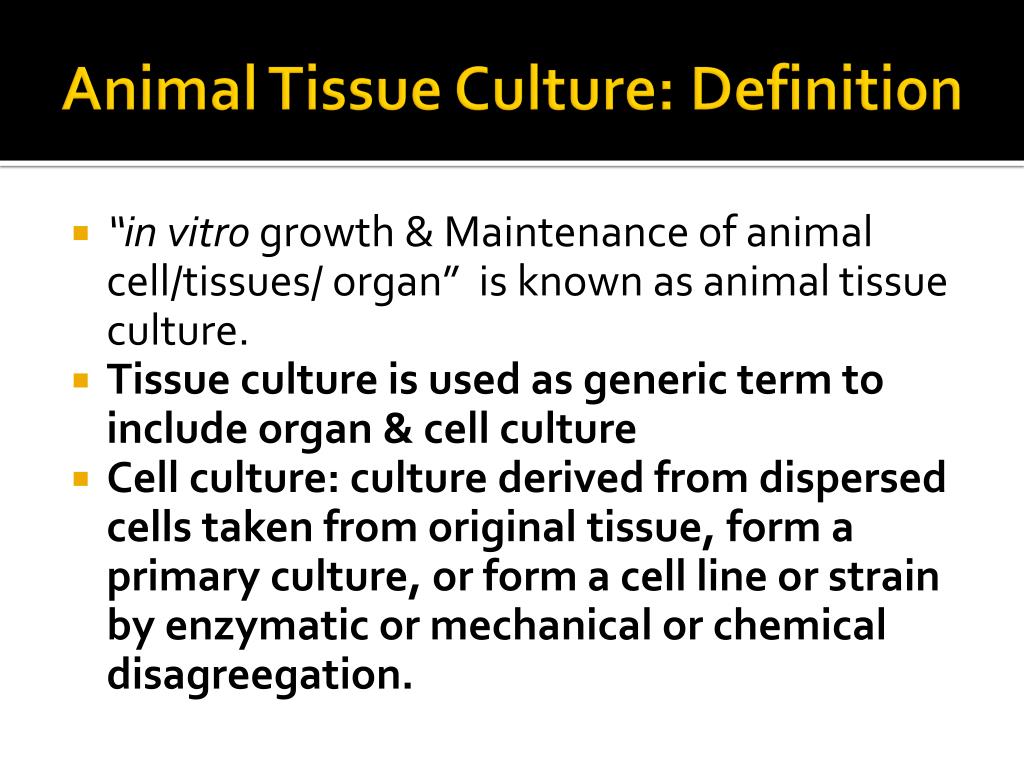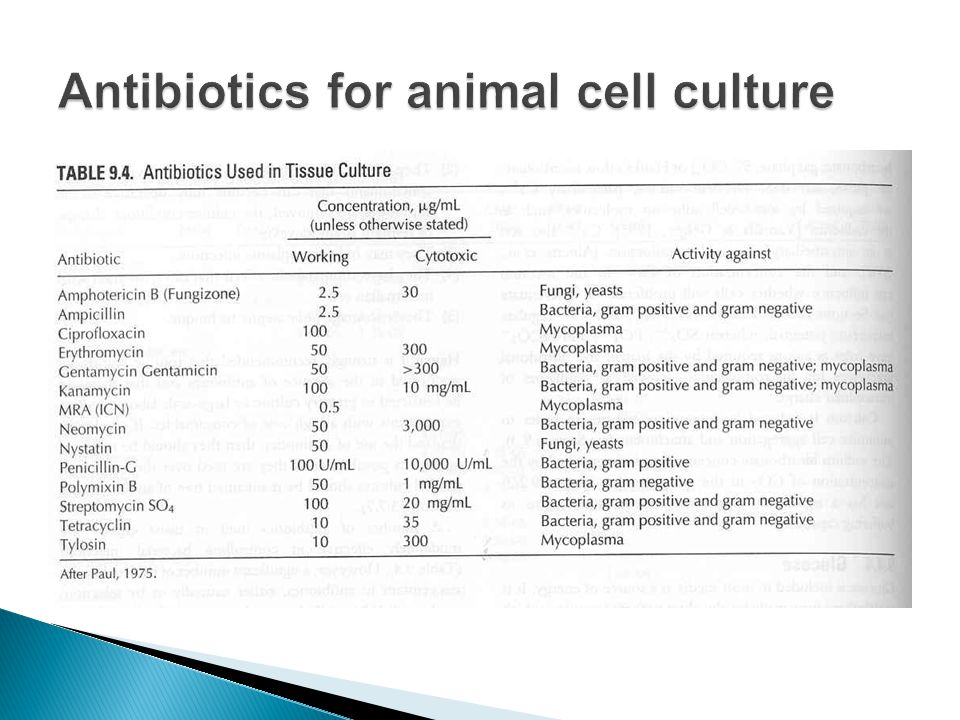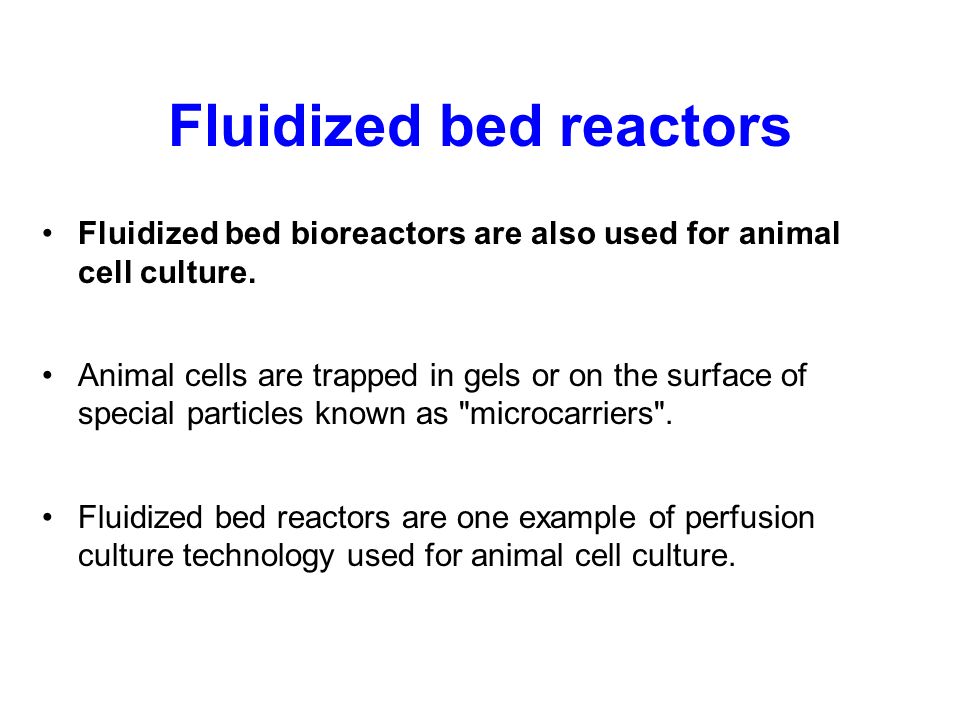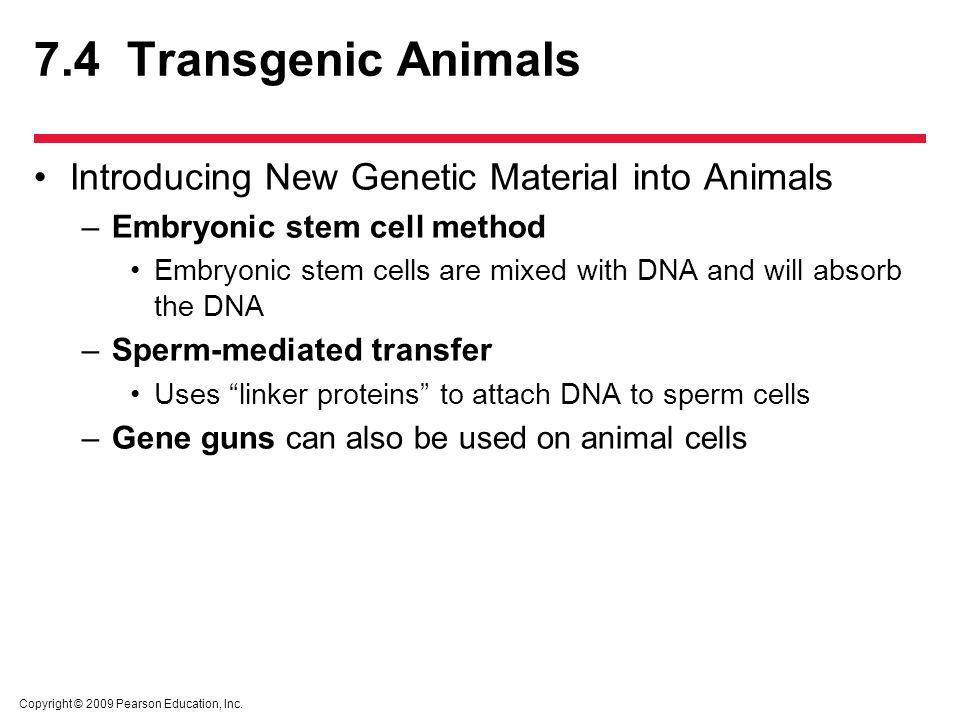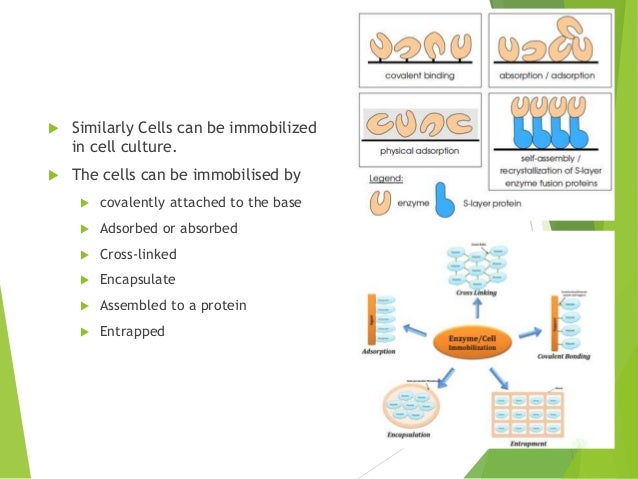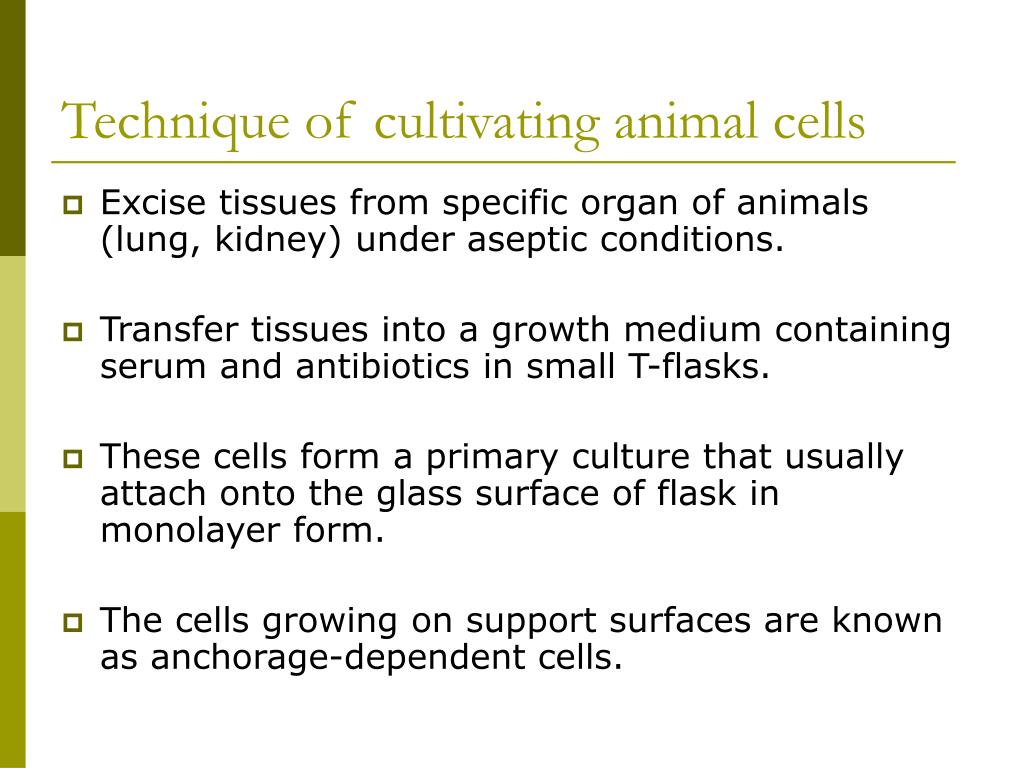Growth of animal cells in a suspension celline bioreactor the is a disposable two compartment cultivation device suitable for many cell culture applications.
Bioreactors for animal cell culture slideshare.
Definitions 1 bioreactor is a vessel in which a chemical process is carried out which involves organisms mainly microbes viruses or bacteria fungi and yeasts traditionally designated as fermenters or biochemically active substances enzymes e g derived from such organisms.
The production of monoclonal antibodies on a laboratory scale.
Introduction animal cell culture is the process of culturing animal cells outside the tissue in vitro it will continue to grow if supplied with appropriate conditions and nutrients the culture process allow single cells to act as independent units much like bacterium or fungus the cells are capable of dividing animal cell culture was.
In one case a bioreactor is a vessel in which a chemical process is carried out which involves organisms or biochemically active substances derived from such organisms.
Bioreactors the state of the art prof dr said saad soliman by ahmed shehata ali gail 2.
This process can either be aerobic or anaerobic these bioreactors are commonly cylindrical ranging in size from litres.
Efficient cell cultivation is dependent on an optimal supply of oxygen and nutrients.
A bioreactor refers to any manufactured device or system that supports a biologically active environment.
The extant bioreactors work well for cells that float such as the hemopoietic cells in which starling flow can adequately provide gases and nutrients but are limited in their utility for adherent cell types derived from solid tissues or organs.

